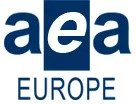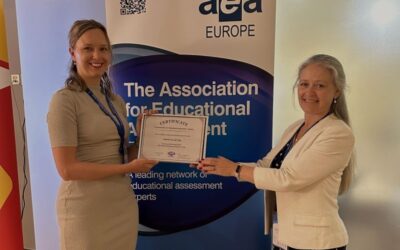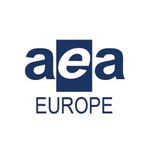Welcome to
The Association for Educational Assessment – Europe
The foremost association for assessment professionals throughout Europe.
What We Offer
AEA-Europe offers its members a range of opportunities to network with each other, sharing news, debate and research. At institution level, the association provides a forum for international liaison and co-operation.
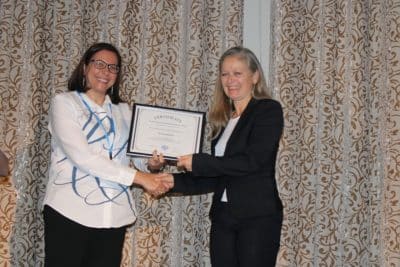
Accreditation
Become an AEA-Europe Fellow, Practitioner or Associate.
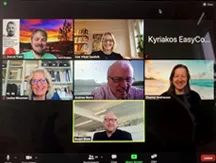
SIG Membership
Join one of AEA-E’s Special Interest Groups.

Awards
Get recognition for your work and research.
25th Annual Conference
6th To 9th November, 2024, Paphos (Cyprus)
AEA-E 2024
News
Keep in touch with what’s happening.
Have an event, announcement, blog post or news story…
Learn how you can share information using AEA-Europe social media channels.
Becoming an Accredited Member of AEA-Europe
Read some testimonials of newly accredited members.
Formative assessment and students’ voices – exploring links to enhance partnership in assessment practice
An expert article by Jannette Elwood Read here:
Follow Us
Follow us on Instagram
Follow us on Twitter
Calendar of Events
- 14th May 2024
-
Our Blog
Join the conversation and contribute to our blog
A holistic approach to educational assessment – without any candles or rose petals in bathtubs
Irenka Suto, Head of Assessment and Research, Cambridge Centre for Evaluation and Monitoring
Technology as a driver for educational change: moving towards a shared vision for digitalisation in learning and assessment
As the 21st century began to unfurl, it was becoming increasingly evident that technological ‘connectedness’ was revolutionising not only business and interpersonal relationships but also education. It seemed only a question of time before technology would provide an alternative means for supporting learning (Säljö, 2010), drive changes in assessment design (Bennett, 2002; Shute & Becker, 2010), and prompt efforts to reconfigure existing cycles of teaching, learning and assessment (Shute, Ventura & Kim, 2013; Thornton, 2012).
Multilingualism, Multiculturalism, Inclusive Teaching, Learning and Assessment
Multilingualism, linguistic and cultural diversity are closely related to globalisation, increased transnational mobility and increasing refugee populations. It is important to pay attention to multilingualism and multiculturalism in educational settings, to increase awareness and recognition of linguistic and cultural diversity at individual and societal levels, and to take historical, ideological, social, economic and political factors into consideration, as well as language policy and the diverse language practices of teachers and students.
